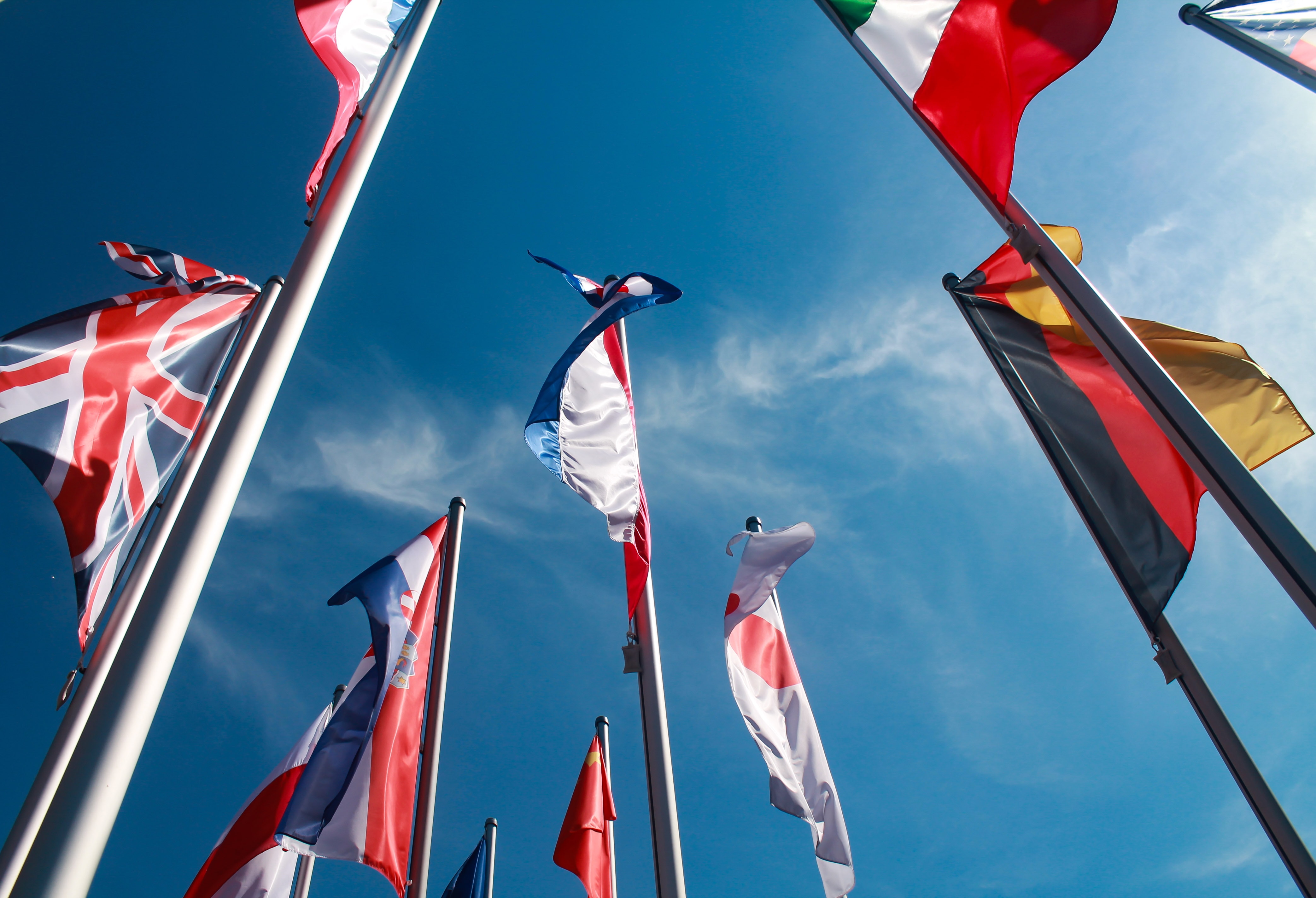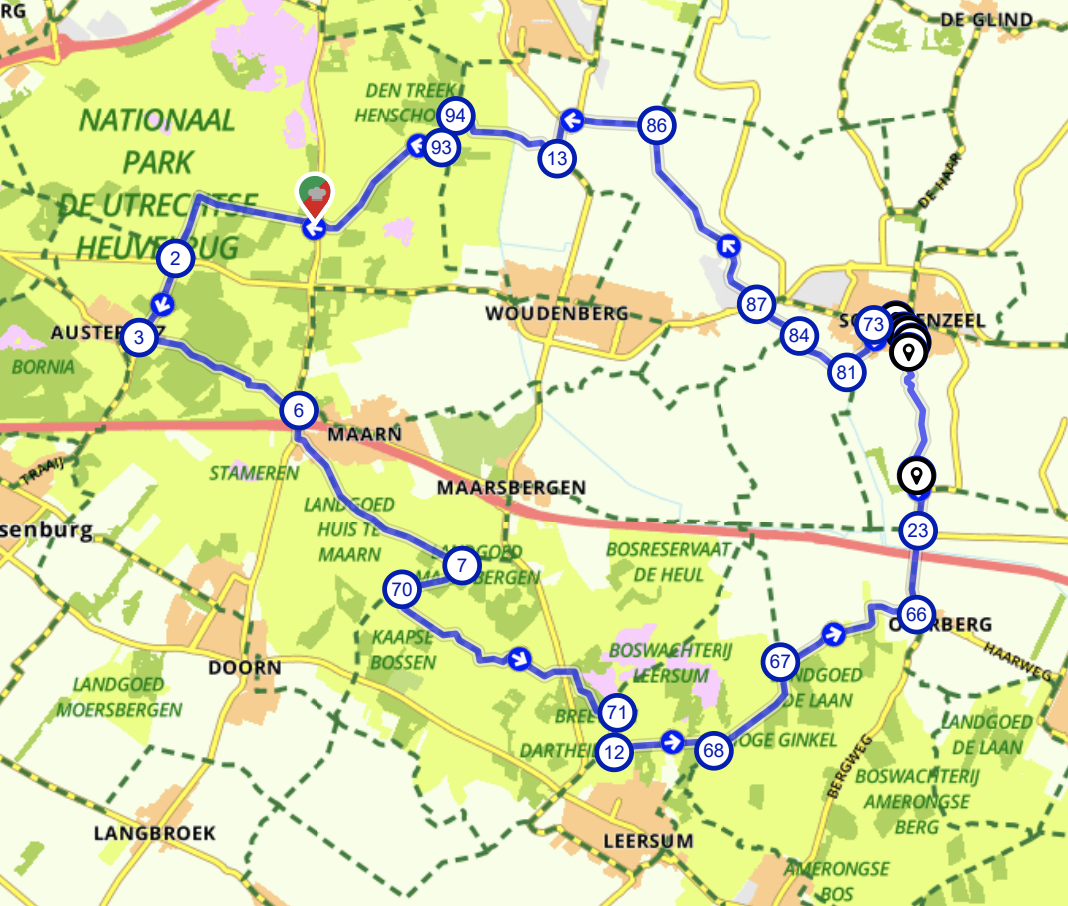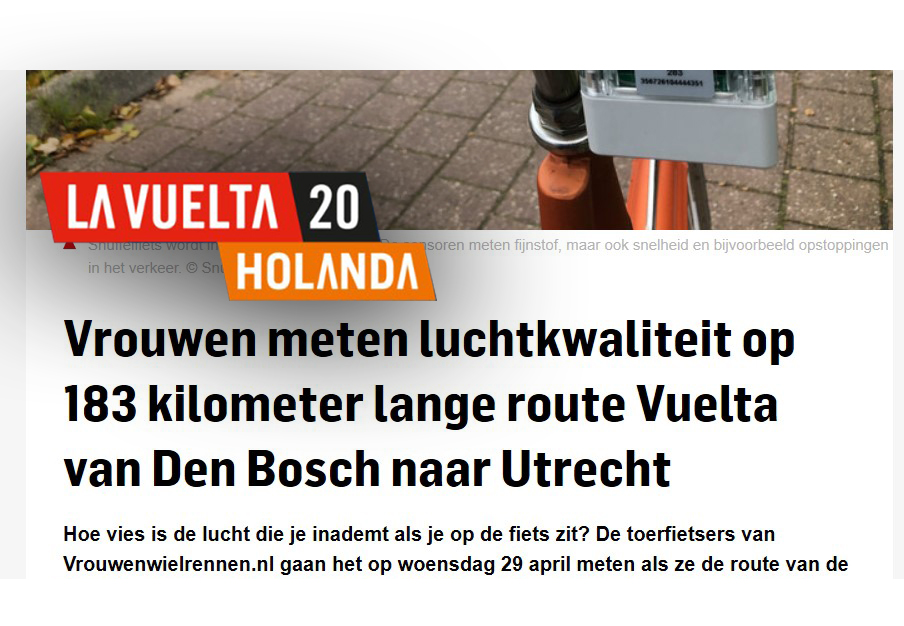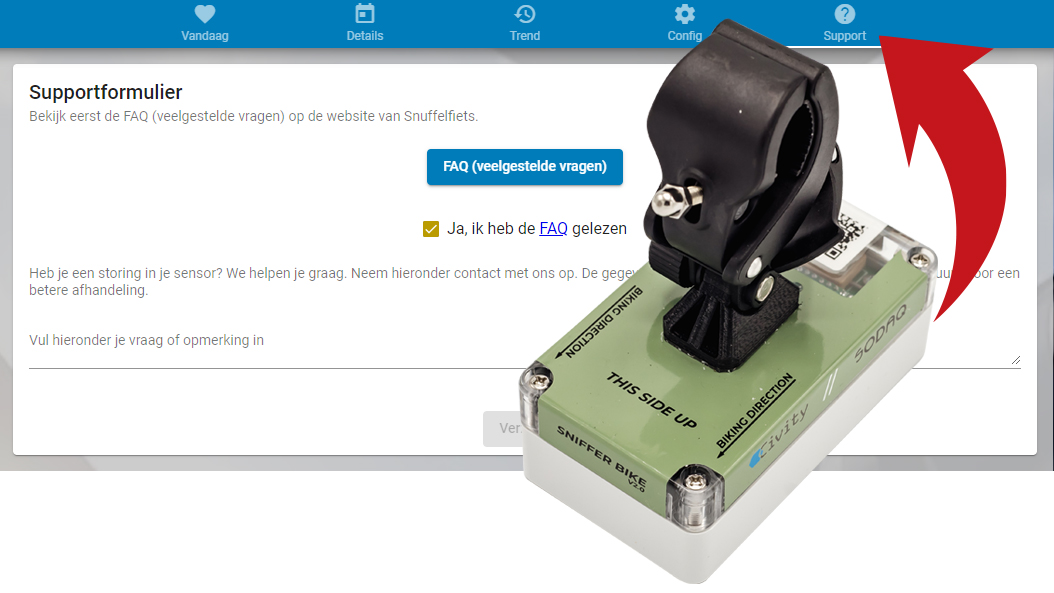Source: https://ec.europa.eu
The province of Utrecht fosters cycling by equipping bikes with air quality sensors to map healthier routes and to create a healthy urban space for all.
Quick facts
- Project: Sniffer Bike
- Organisation: Province of Utrecht, the Netherlands
- Challenge: How can the city promote cycling and provide a healthier urban space?
- Solution: Use Context Broker to consolidate air quality data for citizens and politicians to make more informed, healthier decisions
- Building block: CEF Context Broker
- Funding: No
Background
Cycling is a healthy and climate neutral way of getting around. However, not all routes are equally healthy for cyclists, considering the exhaust emitted by motorised vehicles on busier streets. Utrecht, as part of its goal to foster cycling, conducted a successful pilot project in which cyclists were handed out air quality sensors for their bikes. Sensors were used to map pollution around the city in order to find those healthier routes. The sensor, called Sniffer Bike, also conducted anonymous tracking of cyclists to identify habits and determine where new bike paths are needed based on traffic.
The pilot project has since been scaled-up to cover the entire province of Utrecht for the duration of one year. A mobile application for citizens now allows cyclists to track air quality and to choose healthier routes. A management dashboard also provides indispensable data on the current state of the environment, which is essential for policy makers tackling environmental and mobility issues, as well as local research agencies, in order to create a healthy urban space for all.
Implementation
The central component for consolidating and analysing data is called the Context Broker. Context Broker is capable of consolidating data from various different Internet of Things (IoT) devices – in this case the Sniffer Bike sensors – and contextualising the data to form meaningful information. The Context Broker is based on the global FIWARE NGSI v2 API specifications. It is available as a digital building block to anyone interested in developing high-quality European services in a fast and easy manner. Context Broker consists of open-source software components, documentation, reference implementations and support services, which are offered for free by the European Commission’s Connecting Europe Facility (CEF) programme.
Utrecht also worked with local companies: Sodaq, specialised in IoT devices and networks; and Civity, specialised in working with smart cities’ open data. Sodaq provided air quality sensors, while Civity developed a data connector to Context Broker and a dashboard for viewing measures.
Sensors measure particulate matter (PM), but also coordinates, Volatile Organic Compounds (VOCs), temperature, air pressure, humidity and irregularities of the road. In only a few weeks, air quality was mapped in a vast area around the city.
Now that the pilot project has been scaled-up, the provincial authorities have set-up a community platform where they keep all of the 500 currently participating members informed.
| Pilot project | Scaled-up project (started May 2019) |
| 10 air quality devices40 participantsDuration: 5 weeks8000 km cycled | 500 devices500+ participantsEntire Province of Utrecht10+ municipalitiesDuration: 1 year |
The tech talk
SnifferBike sensors measure air quality every 10 seconds. The sensors use IoT optimised cellular communication protocols, Narrowband (NB-IoT) and Low-Term Evolution (LTE-M), to transmit data every two minutes from bike sensors to a central database. NB-IoT and LTE-M are low power wide area (LPWA) network technologies that cover the whole country for machine-to-machine communication. Therefore, the central database can easily receive data from bikes anywhere in the Netherlands.
The Context Broker’s reference implementation, Orion, provides the core functionalities in data contextualisation. The Cygnus component manages historical context data, which is then visualised in air quality dashboards via CKAN, an extension to Context Broker. It is an open source solution managed by FIWARE for the publication, management and consumption of open data.
Before data is consolidated by Context Broker, a custom NGSI connector made by Civity transforms data to the right format (FIWARE’s ‘Air Quality Observed’ data model). Context Broker then receives data, checks values and shares updated information with all who have subscribed for updates.
The illustration below shows the process from data collection to visualisation.

Context Broker as solution
The Province of Utrecht supports open data and open-source solutions, meaning that the data and solutions should always belong to the public. This is an important factor in resolving social issues by and for the citizens. The open standards of FIWARE Context Broker made this possible.
Another reason why Utrecht opted for Context Broker is because its many small complementary modules (Cygnus, CKAN, data models etc.) can be combined to build complicated systems quickly and easily. Context Broker enabled a simple, subscription-based solution for keeping track of the most recent changes in air quality. The standardised nature of the solution makes it easy to scale up the solution to cover the province, or even the whole country. Context Broker was easy to connect to Utrecht’s existing database technology and within weeks, they had answers to questions concerning cycling habits and statistics.
“The province of Utrecht stimulates a healthy lifestyle by promoting cycling and improving infrastructure for cyclists. Sniffer Bike is an example of converting these long-term strategies into practical goals. Civilians are encouraged to use sensor devices to measure the air quality they encounter during their daily routine. Currently, there are more than 500 active sensor devices that transmit vast amounts of data. This entire process and the fact that citizens are empowered to make healthy choices is made possible through the versatility of the CEF Context Broker.”
Stephen van Aken
Senior policy advisor and programme manager
Province of Utrecht
Benefits of Sniffer Bike
The solution provides various benefits to individual cyclists, the society overall and the environment:
- Empowers cyclists to choose healthier routes.
- Helps individuals suffering from lung diseases to avoid air pollution, a known trigger.
- Supports local and provincial policy makers and urban planners in making informed decisions based on new insight.
- Allows research agencies and national monitoring institutions to get more data to better understand air pollution.
- Supports climate neutrality.
A look to the future
Many other organisations have shared their interest in Sniffer Bike. These parties include other provinces, municipalities and bike sharing companies within the Netherlands, but also other European cities. This means that the number of users could significantly grow in the near future, potentially stimulating inter-regional collaboration for improving infrastructure, all the while promoting climate neutrality.





